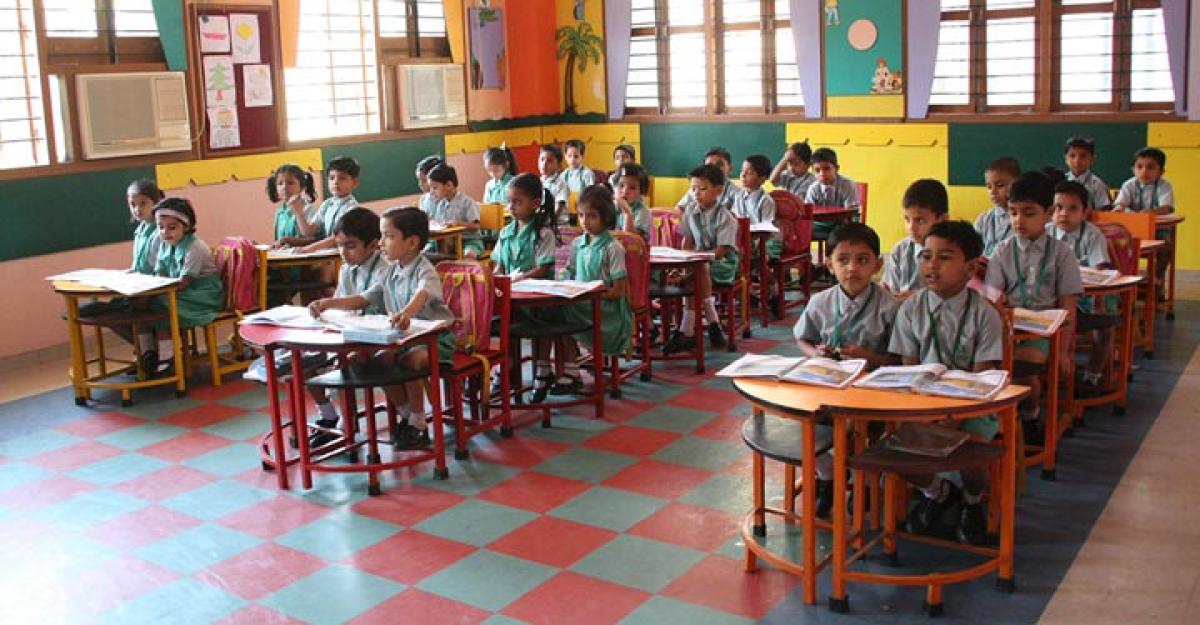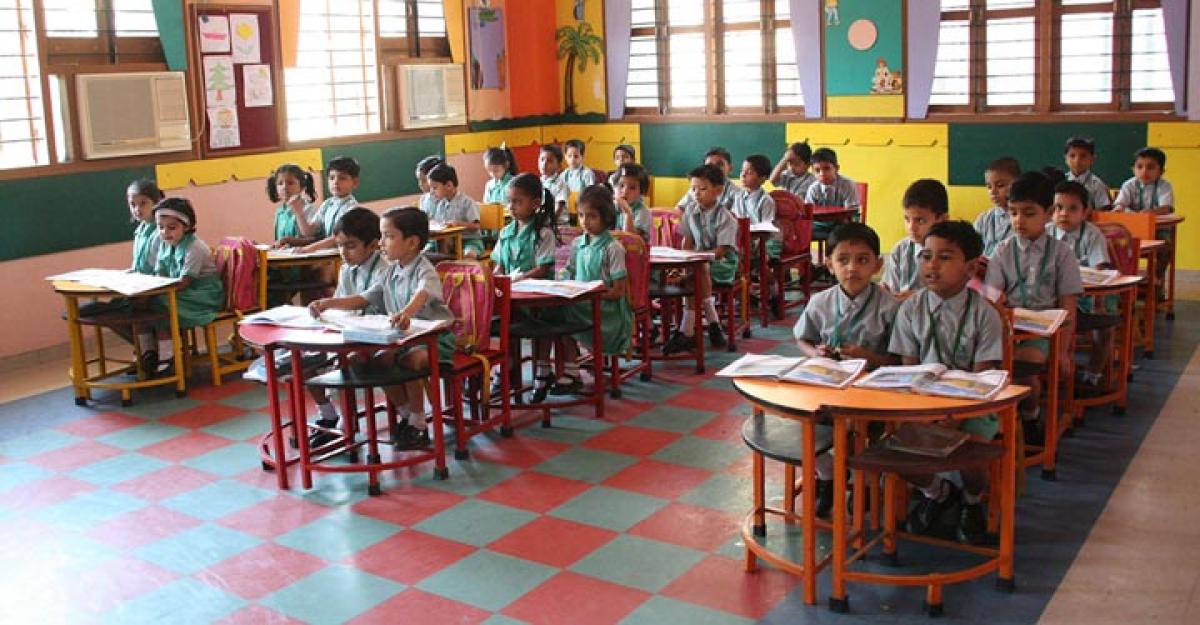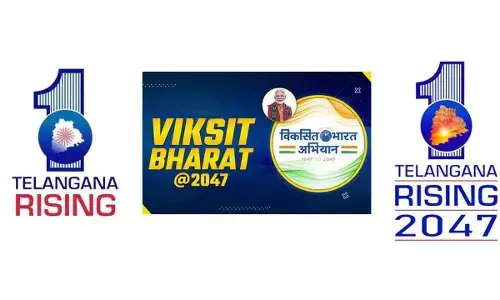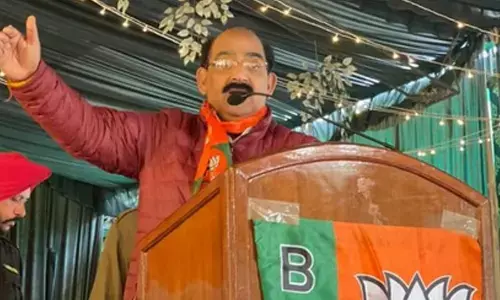Road to English medium

Road to English medium. The Telangana government has decided to introduce English medium in all the government schools. It’s a pragmatic decision given the fact that the enrolment in government schools is fast declining due to parental aspiration to impart English medium education to their children.
The Telangana government has decided to introduce English medium in all the government schools. It’s a pragmatic decision given the fact that the enrolment in government schools is fast declining due to parental aspiration to impart English medium education to their children. Such an urge is clearly evident even among the poorer parents. The mushrooming private schools are a direct outcome of such an educational preference.
 However, instruction in mother tongue is considered as the most effective and scientific way of imparting instruction, especially at a primary level. The fifth all-India educational survey conducted by NCERT revealed that the number of languages used as media of instruction in India is 43 at the primary stage, 31 at the upper primary stage, 22 at the secondary stage, and 20 at the higher secondary stage.
However, instruction in mother tongue is considered as the most effective and scientific way of imparting instruction, especially at a primary level. The fifth all-India educational survey conducted by NCERT revealed that the number of languages used as media of instruction in India is 43 at the primary stage, 31 at the upper primary stage, 22 at the secondary stage, and 20 at the higher secondary stage.
The demand for English education is growing in India for a host of reasons. Since 1991, Indian economy is being firmly integrated into the global economy. The sectors like Information Technology and Information Technology Enabled Services, banking, finance and other knowledge intensive sectors of the economy providing relatively attractive employment is alluring the GenNext to English. Integration with global economy is irreversible.
The predominance of service sector in the overall economy increases the demand for English knowing human resources. Thus the urge to be educated in English is identified with aspirational India. Noted economic and political commentator Dr Sanjaya Baru rightly said the growing prosperity of overseas Indians and people of Indian origin living across the English-speaking world and their emotional and economic re-integration into a rising India has helped to create a global diaspora of English-speaking Indians. This shining overseas India is attracting more and more Indians to English medium education.
An analysis of the data collected for the India Human Development Survey, 2005 conducted by the National Council for Applied Economic Research (NCAER), India, and the University of Maryland, USA, revealed that fluency in English increases the wages in the range of 22 percent to 34 percent as compared to those who lack English skills. More experienced and more educated workers receive higher returns to English.
This relationship between English proficiency and better income earning capabilities is strengthening over time. People with strong English language skills are therefore relatively in the best position to take the fullest advantage of emerging opportunities in the rapidly developing economy. Thus English is the key to national and individual wealth. Therefore the road to English medium is certainly pragmatic if not fully scientific. However, the children’s right to choice of mother tongue being the medium of instruction should not be taken away.














